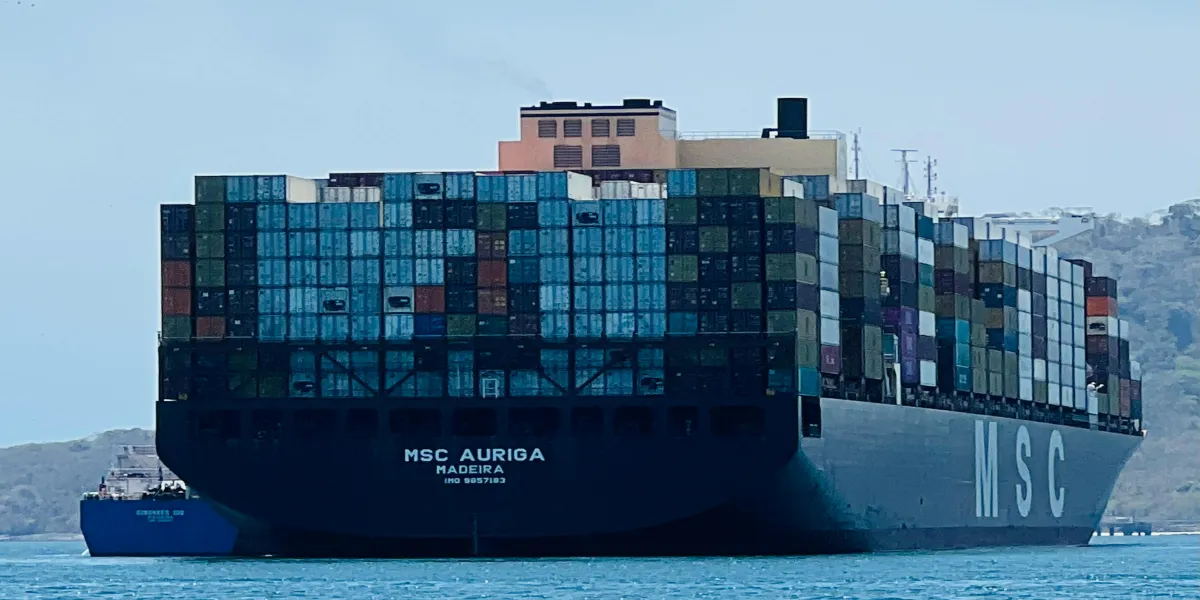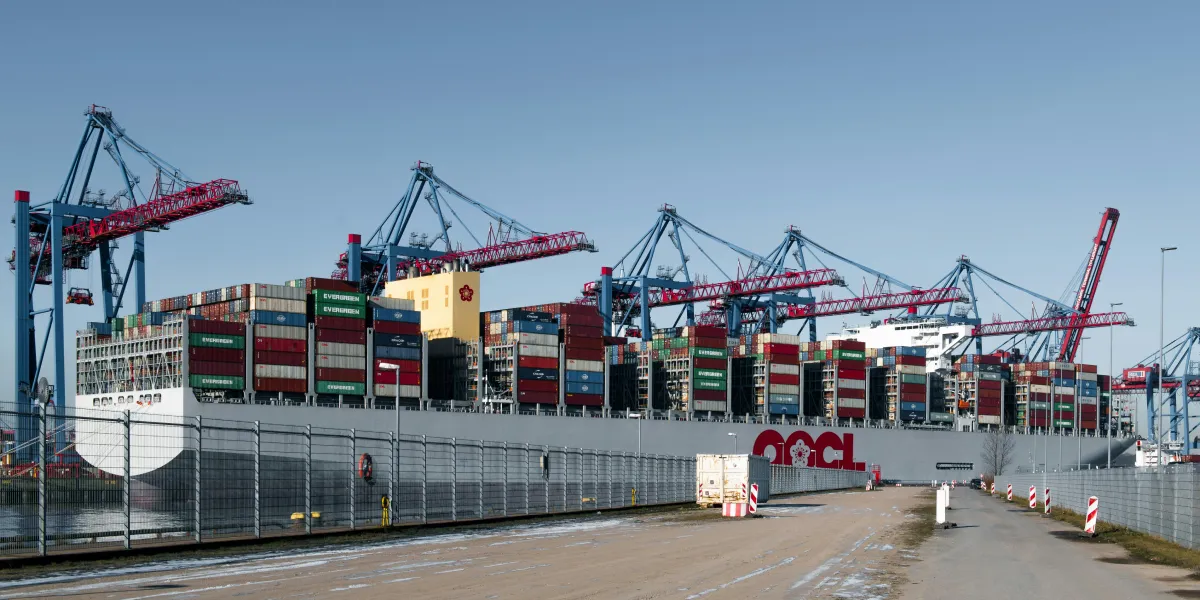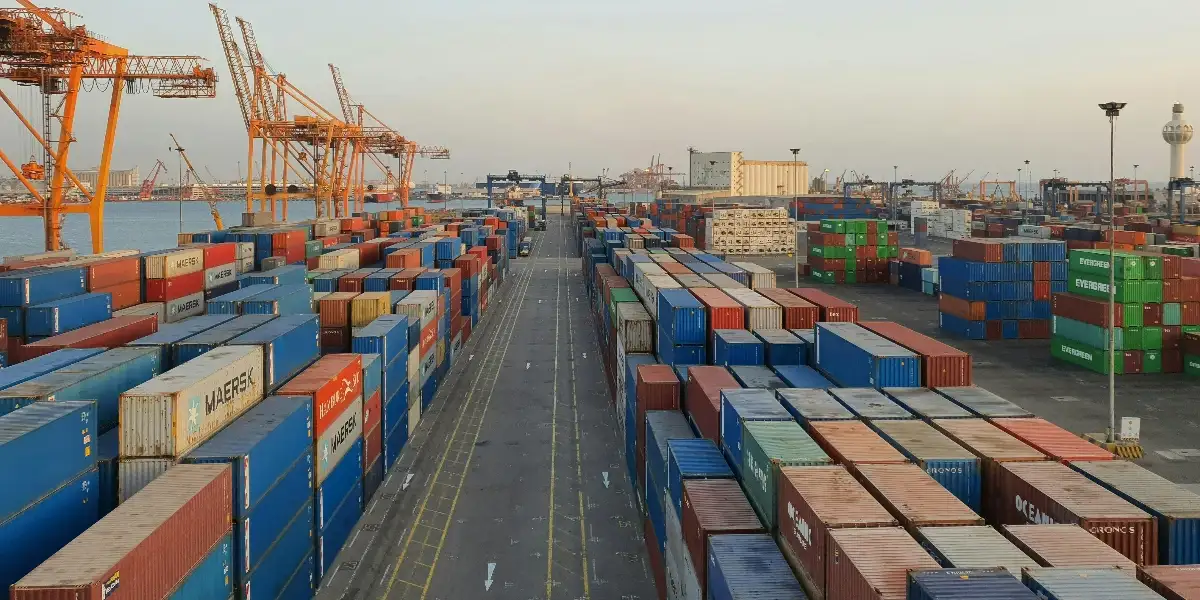Port-to-Port Transit Time
Port-to-Port Transit Time is the duration it takes for a vessel to travel between the loading port and the discharge port, influencing supply chain planning.
Port-to-Port Transit Time refers to the duration it takes for a vessel or shipment to travel from the port of origin to the port of destination. This includes the time spent on the actual sea voyage and any layovers or stops at intermediate ports.
The transit time is a critical factor in supply chain planning and logistics, influencing inventory management, production schedules, and overall operational efficiency. It is affected by various factors, such as the shipping route, weather conditions, and the chosen ocean carrier.
Shippers and businesses depend on precise estimates of port-to-port transit times to make well-informed decisions regarding the transportation of goods, ensuring punctual deliveries and effective coordination within their supply chains. In achieving this objective, cutting-edge real-time tracking technologies leverage historical transit time data, offering valuable insights to predict and manage port-to-port transit times more effectively.







